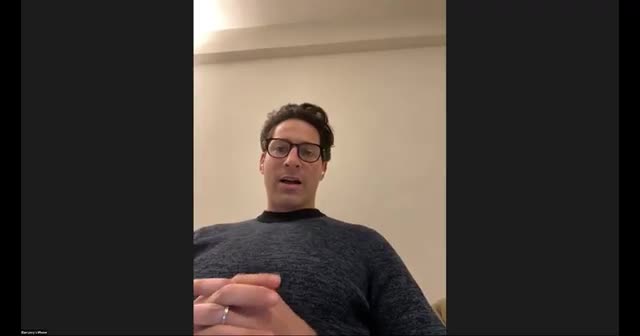Article not found
This article is no longer available. But don't worry—we've gathered other articles that discuss the same topic.

Community Board 2 approves pay increase for assistant district manager after personnel committee recommendation

Community Board 2 adopts virtual meetings; Manhattan-wide tech support planned

Lenox Health Greenwich Village outlines testing capacity, surge plans and PPE shortfalls

